Time for Action – 10 Things Prosecutors Can Do Now
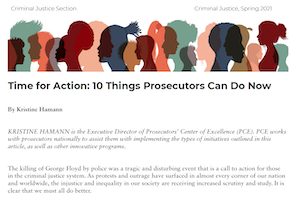
Author: PCE
Read about how prosecutors can address injustice through better collaboration with the communities they serve.

Author: PCE
Read about how prosecutors can address injustice through better collaboration with the communities they serve.

Author: PCE
To combat the opioid crisis, prosecutors and their partners must adopt multi-disciplinary approaches that provide solutions on a case-by-case basis. This report provides guidance for prosecutors on investigative steps and decision making, various examples of how prosecutor offices of all sizes have addressed these complex issues, and a self-survey to evaluate an office’s capacity to handle opioid-related challenges.
Read More
Authors: Aequitas, RTI International, and PCE
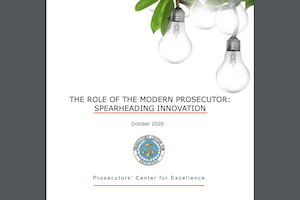
Author: PCE
The role of the prosecutor has evolved dramatically over the last 40 years. PCE highlights a sampling of prosecutor innovations in this new report that dives into 221 programs from 150 prosecutor offices from across the country.
Interactive Map: Find prosecutor innovations by state, office, or program category with our new interactive map, which illustrates the breadth of innovation in the U.S. by highlighting 250+ programs in 150+ offices.
Read More
Authors: PCE and Aequitas
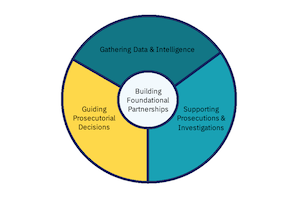
Authors: PCE, DANY, Bronx District Attorney’s Office, and Aequitas
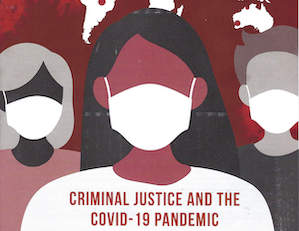
Authors: PCE

Author: PCE

Authors: Arc, NAMI, PCE
Individuals with intellectual and developmental disabilities (I/DD) or mental illness are overrepresented in the criminal justice system, as victims, witnesses, suspects, and defendants. In an effort to inform prosecutors’ strategies when working with these individuals, PCE, in collaboration with the Arc and NAMI, has developed this guide.
The guide includes the following information:
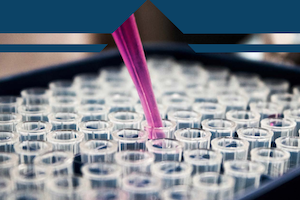
Authors: PCE, NRTAC
As the demand for forensic evidence has exploded, so has the pressure on crime laboratories to keep pace with an ever-growing workload. This paper, developed by PCE’s Executive Director Kristine Hamann and St. Louis Circuit Attorney’s Office Chief of Trials Rachel Smith, addresses the critical question of how best to maximize the resources of a public forensic laboratory. This question is explored in three different parts, each with an emphasis on the prosecutor’s perspective:
Read More